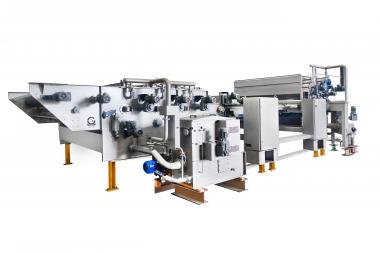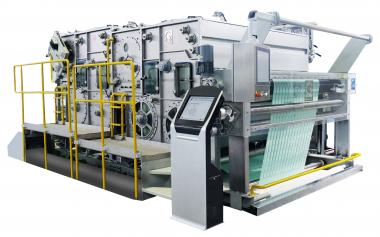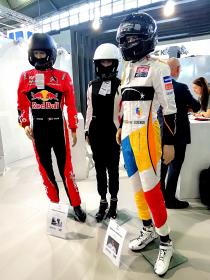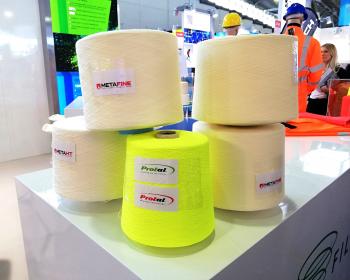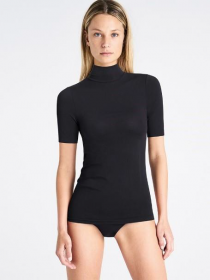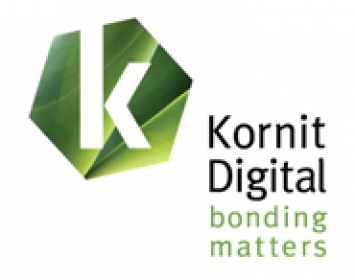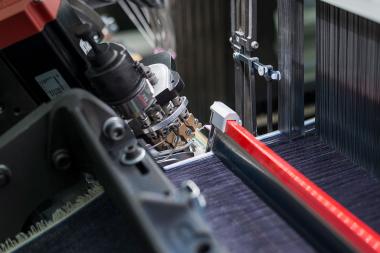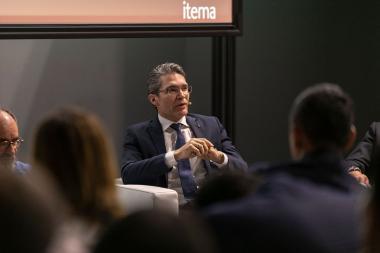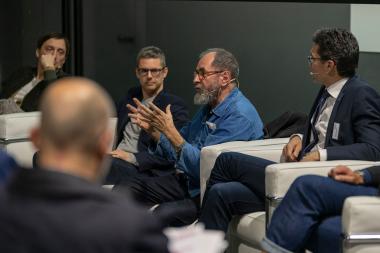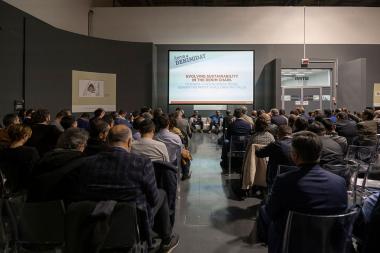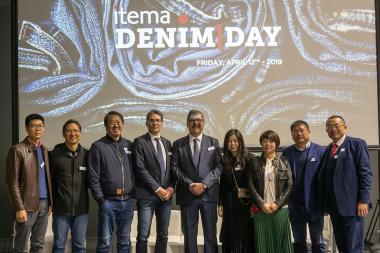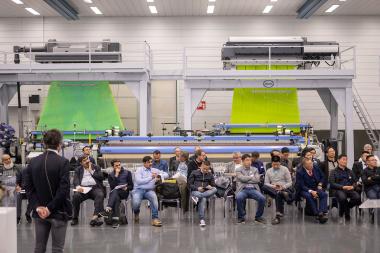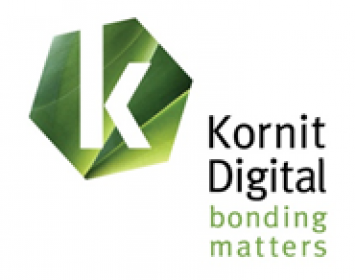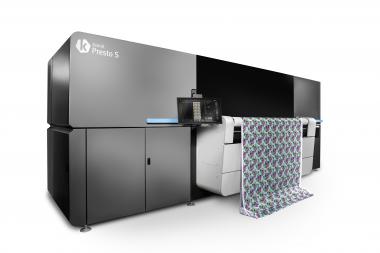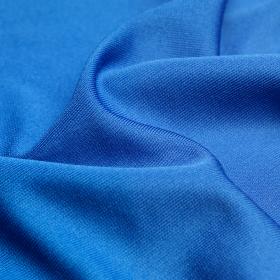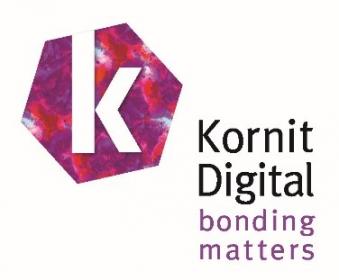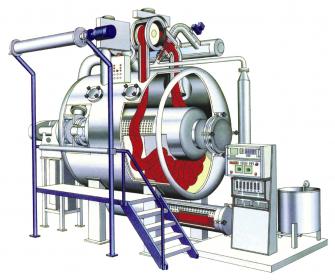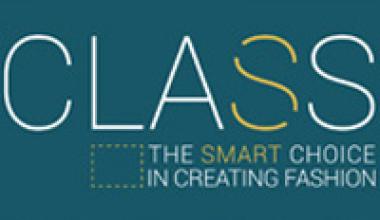Hexcel at Paris Air Show 2019: Le Bourget, 17 – 23 June
STAMFORD, Conn. – At this year's Paris Airshow [Le Bourget, June 17-23] Hexcel will promote a range of carbon fibers and composite materials used to manufacture high-performance weight-saving structures in civil aircraft, engines, helicopters, and space applications.
Visitors to the Hexcel stand will see an Integrated Wing Panel demonstrator and an I-beam, both made with HiTape® carbon fiber reinforcements. HiTape® dry carbon reinforcements were developed for the automated lay-up of preforms and to complement a new generation of HiFlow™ resin systems, producing high-quality aerospace structures using the resin infusion process. The reinforcements incorporate a toughening veil to enhance mechanical properties and meet the structural requirements for aerospace parts. The I-Beam was manufactured using C-RTM (Compression Resin Transfer Molding) and was injected with Hexcel’s RTM6 resin in a process taking less than five minutes.
Hexcel honeycomb saves weight and enhances stiffness in composite structures, and the company provides a range of engineered core solutions that enable highly contoured parts with precision profiling to be produced to exact customer specifications. A sample part made from aluminum FlexCore® that is CNC machined on both sides and formed and stabilized with both peel ply and flyaway layers of stabilization will be on display.
Another honeycomb innovation is Hexcel’s Acousti-Cap® broadband noise-reducing honeycomb that significantly improves acoustic absorption in aircraft engine nacelles. The acoustic treatment may be positioned at a consistent depth and resistance within the core or can be placed in a pattern of varying depths and/or resistances (Multi-Degrees of Freedom and 3 Degrees Of Freedom), offering an acoustic liner that is precisely tuned to the engine operating conditions. These technologies have been tested at NASA on a full engine test rig and meet all 16 design conditions without trade-offs.
Another Hexcel technology to benefit aircraft engines is HexShield™ honeycomb which provides high-temperature resistance in nacelles. By inserting a thermally resistant material into honeycomb cells, Hexcel provides a core product with unique heat-shielding capabilities that allows for the potential reuse of material after a fire.
With 50 years of experience behind its comprehensive range of high-strength, high-strain PAN-based carbon fibers, Hexcel continues to innovate and is introducing two new fibers to its portfolio. HexTow® HM50 combines high modulus and high tensile strength, making it ideal for commercial and defense aircraft and engines. HexTow® 85 was developed specifically to replace rayon-based carbon fiber for ablative applications.
Another area of expertise that uses HexTow® carbon fiber is additive manufacturing, where Hexcel uses PEKK ultrahigh performance polymers and HexAM™ technology to manufacture carbon reinforced 3D printed parts. This innovative process provides a weight-saving solution for intricate parts in highly demanding aerospace, satellite and defense applications. HexPEKK™ structures offer significant weight, cost and time-to-market reductions, replacing traditional cast or machined metallic parts with a new technology.
Later this year Hexcel will open a joint research and development laboratory in Les Avenières (Isère), France with Arkema to develop carbon fiber-reinforced thermoplastic prepreg tapes for aerospace, space and defense applications. A spool of thermoplastic prepreg tape will be on display on Hexcel’s stand to showcase this cost-effective technology that enables lightweight parts to be produced in faster production cycles for future generations of aircraft.
Hexcel’s stand is located next to Hexcel’s official distributor for aerospace products, Groupe Gazechim Composites. In 2018, Hexcel and Gazechim formed a joint venture, HexCut Services, to provide aerospace and defense customers with customized kitting services that include Hexcel’s innovative carbon fiber prepreg, fabrics and adhesives. Pre-cut kits save customers time and investment, reduce inventory and minimize material losses through scrap reduction.
AGENCE APOCOPE





